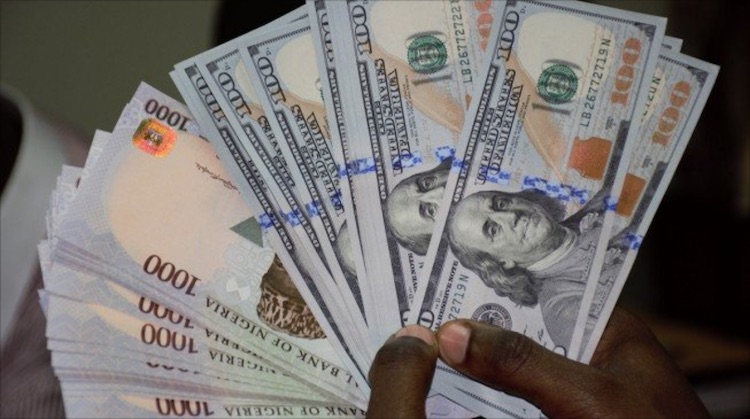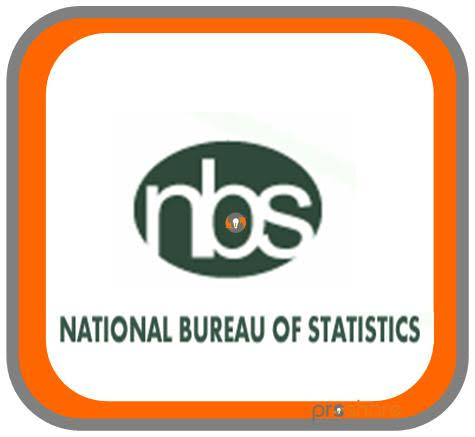Business
Global foreign investment declines as geopolitical tensions rise – UNCTAD

Last Updated on June 21, 2024 by Fellow Press
The United Nations Trade and Development Organisation (UNCTAD) has said that Foreign Direct Investment (FDI) fell by two per cent to 1.3 trillion dollars in 2023 amid global economic slowdown and rising geopolitical tensions.
UNCTAD said this in a statement released on Thursday.
The organisation’s 2024 World Investment Report highlighted that insufficient funding is hindering efforts to achieve its 2030 for Sustainable Development agenda, underscoring the urgent need for policies to bolster finance.
“Investment is not just about capital flows; it is about human potential, environmental stewardship and the enduring pursuit of a more equitable and sustainable world,” Rebeca Grynspan, Secretary-General of UNCTAD, said.
The report notes that the decline in FDI exceeds 10 per cent, when excluding the large swings in investment flows in a few European conduit economies, with developing countries the most affected.
According to UNCTAD, the decrease was primarily due to rising geopolitical tensions and concerns over “greenwashing,” a marketing practice to make things seem more environmentally friendly than they actually are.
“Foreign direct investment is crucial for funding infrastructure and public services such as power and renewable energy. However, tight financing conditions in 2023 led to a 26 per cent drop in the number of FDI deals.
“This drop triggered a ten per cent decrease in investment in sectors linked to Sustainable Development Goals (SDGs), most notably in agrifood systems, water and sanitation.
“These sectors registered fewer internationally financed projects in 2023 than in 2015, when all countries signed up to the Goals to be achieved by 2030,” said the report.
The report further revealed that developing countries were hit the hardest.
It said these countries registered only marginal growth in sustainable bonds last year and a 60 per cent drop in financing for funds to support them.
“FDI flows to developing countries fell by seven per cent to 867 billion dollars last year, but the decrease varied across regions.
“Developing economies in Asia, home to 60 per cent of the world’s megaprojects, recorded a significant increase in greenfield FDIs – investments where a company establishes new operations or expands its existing facilities in a foreign country.
“These investments registered a 44 per cent rise in the overall value, and a 22 per cent increase in the number of such announcements,” it said.
However, the report stated that overall foreign investment flow to Asia receded, falling from about 678 billion dollars in 2022 to 621 billion dollars in 2023.
“Nevertheless, the continent, led by East and Southeast Asia, continued to be the world’s largest recipient of FDI, accounting for nearly half of global inflows.
“China and its Hong Kong Special Administrative Region (SAR) continue to be the largest investors in the region by total FDI stock, followed by the United States, Japan and Singapore,” said the report.
Business
Naira falls to 1520 to a dollar in parallel market

Last Updated on June 28, 2024 by Fellow Press
The Naira yesterday depreciated in the parallel market to N1,520 per dollar from N1,510 per dollar on Wednesday. Similarly, the Naira depreciated to N1,510.1 per dollar in the Nigerian Autonomous Foreign Exchange Market, NAFEM.
Data from FMDQ showed that the indicative exchange rate for NAFEM rose to N1,510.1 per dollar from N1,507.83 per dollar on Wednesday, indicating N2.27 depreciation for the naira. The volume of dollars traded (turnover) in the market rose by 62.8 percent to $287.21 million from $176.39 million traded Wednesday.
Consequently, the margin between the parallel market and NAFEM rates widened to N10 per dollar from N2.17 per dollar on Wednesday.
Business
Nigeria’s public debt stock increases to N121.67trn in Q1 2024 – NBS

Last Updated on June 25, 2024 by Fellow Press
Nigeria’s public debt stock increased from N97.34 trillion (108.23 billion dollars) in the fourth quarter of 2023 to N121.67 trillion (91.46 billion dollars ) in the first quarter of 2024.
The National Bureau of Statistics (NBS) said this on Tuesday in its Nigerian Domestic and Foreign Debt Report for Q1 2024 released in Abuja.
The report said Nigeria’s public debt stock, which included external and domestic debts, grew by 24.99 per cent on a quarter-on-quarter basis.
It said that External debt stood at N56.02 trillion (42.12 billion dollars) in Q1 2024, while domestic debt was N65.65 trillion (49.35 billion dollars).
“However, the share of external debt to total public debt stood at 46.05 per cent in Q1 2024, while domestic debt was recorded at 53.95 per cent.’’
In a breakdown by states, the bureau said that Lagos State recorded the highest domestic debt of N929.41 billion in Q1 2024, followed by Delta with N334.90 billion.
The report showed Jigawa recorded the lowest domestic debt at N2.07 billion, followed by Ondo at N16.40 billion.
-

 Breaking News3 days ago
Breaking News3 days agoFire guts Dangote Refinery in Lagos
-

 Job4 days ago
Job4 days agoOyo govt. begins recruitment of 7,000 primary school teachers, 100 caregivers
-

 Business5 days ago
Business5 days agoNigeria’s public debt stock increases to N121.67trn in Q1 2024 – NBS
-

 Headline6 days ago
Headline6 days agoCourt orders permanent forfeiture of Emefiele’s ₦12b property
-

 Headline6 days ago
Headline6 days agoFood vendors lament rising cost of beans, seek FG’s intervention
-

 Headline5 days ago
Headline5 days agoMinimum Wage: Be patient with Tinubu, Onanuga pleads
-

 Headline5 days ago
Headline5 days agoPast govt ‘lavished’ $100m World Bank Women Empowerment Loan — Minister















